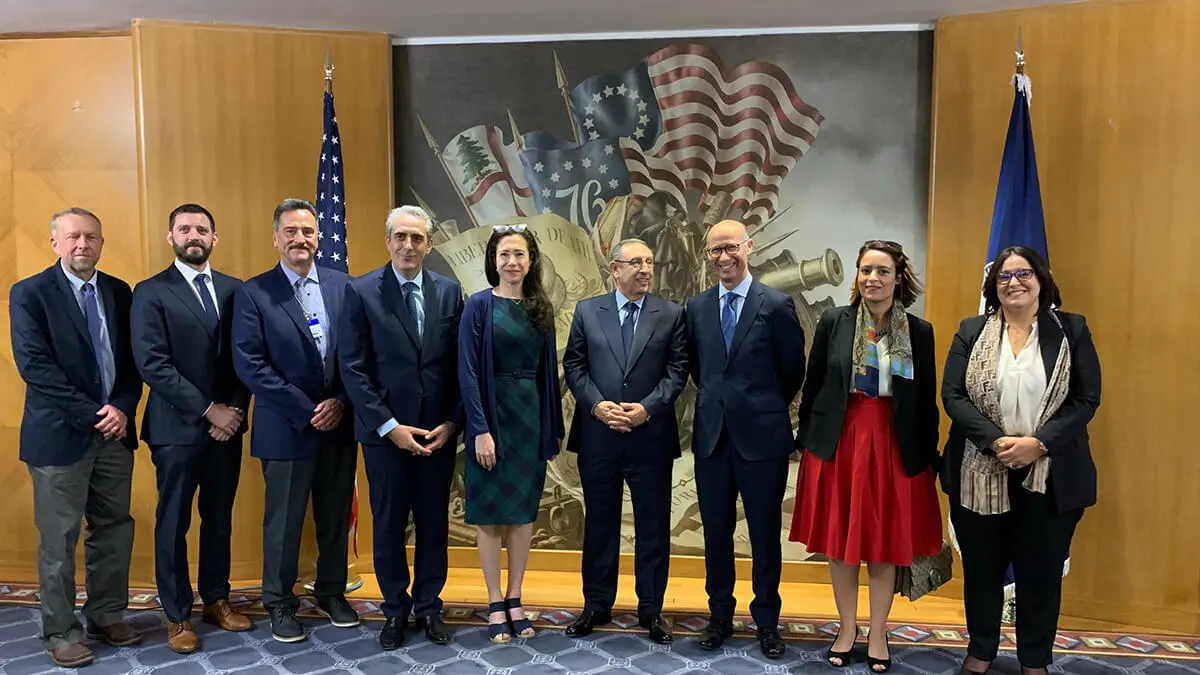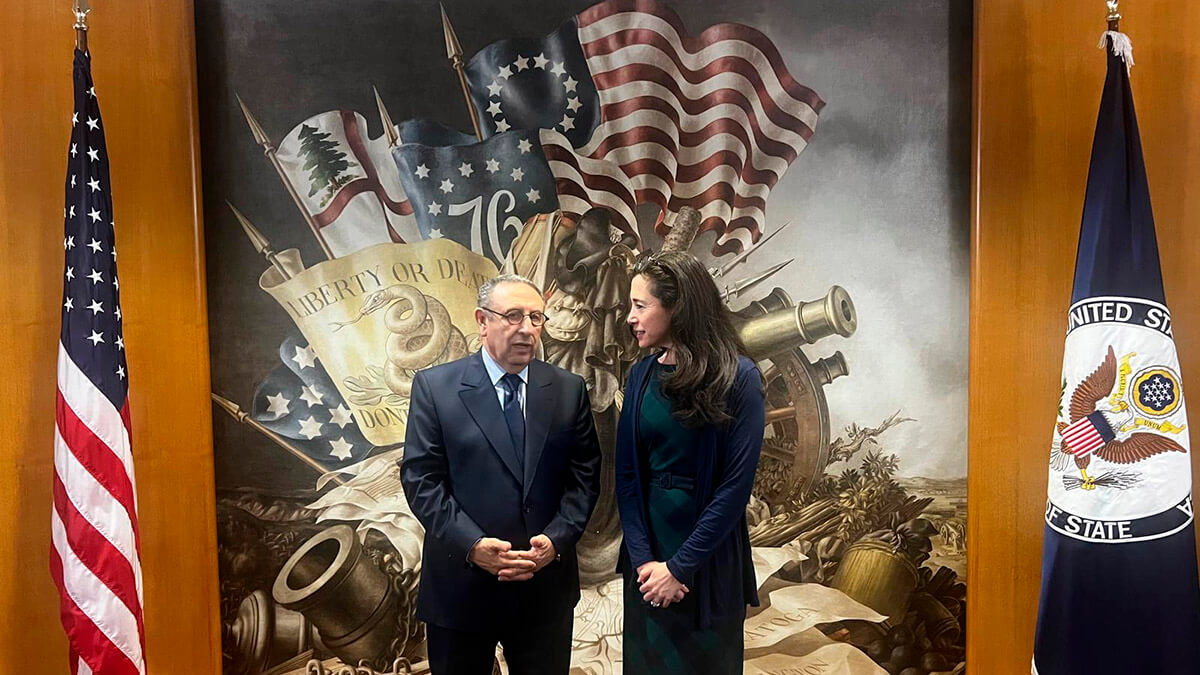Morocco and the United States take a historic security step forward

Morocco has signed a new agreement that demonstrates the increasingly close relationship between the Alawites and the United States. The field of security is one in which cooperation between the two countries has grown the most, and will continue to do so. Now, they have reached an agreement on arms control and arms proliferation limitation at the US State Department headquarters.
An "unprecedented" agreement
The National Laboratory of Scientific Police of the Moroccan General Directorate of National Security and the US laboratory Lawrence Livermore are the protagonists of an agreement that both parties describe as historic. The US Under-Secretary of State, Melory Stewart, and the Moroccan Ambassador to the United States, Youssef El Amrani, presented an agreement that represents the "ambition to build bridges of cooperation between our two countries," said El Amrani.

It is an important agreement for both countries, as it is a further incentive to the growth of diplomatic and political relations that the Morocco-United States link is experiencing. The intention is that it can contribute to 'consolidating new initiatives and mechanisms at the heart of our relations to move towards improving scientific interoperability', one of the key aspects, given the moment of instability that has been shaking the region for some time.
A key moment for security
Morocco and the United States, aware of the moment the world is going through, are anticipating a possible new escalation of violence that could spread to regions close to the Alawi kingdom's borders. The situation in Gaza and Ukraine mark a period of global instability that does not rule out the proliferation of clashes in areas with already high levels of tension.

A clear example is Algeria's neighbour and rival, which for some time has been threatening an arms race that could drag the rest of North Africa into a conflict. The historic dispute over Western Sahara is one of the most burning issues for Abdelmajdid Tebboune's government, despite the fact that more and more countries are deciding to support the plan for Sahrawi autonomy under Moroccan sovereignty proposed by Rabat, which the United Nations sees as a "serious and credible" plan.








